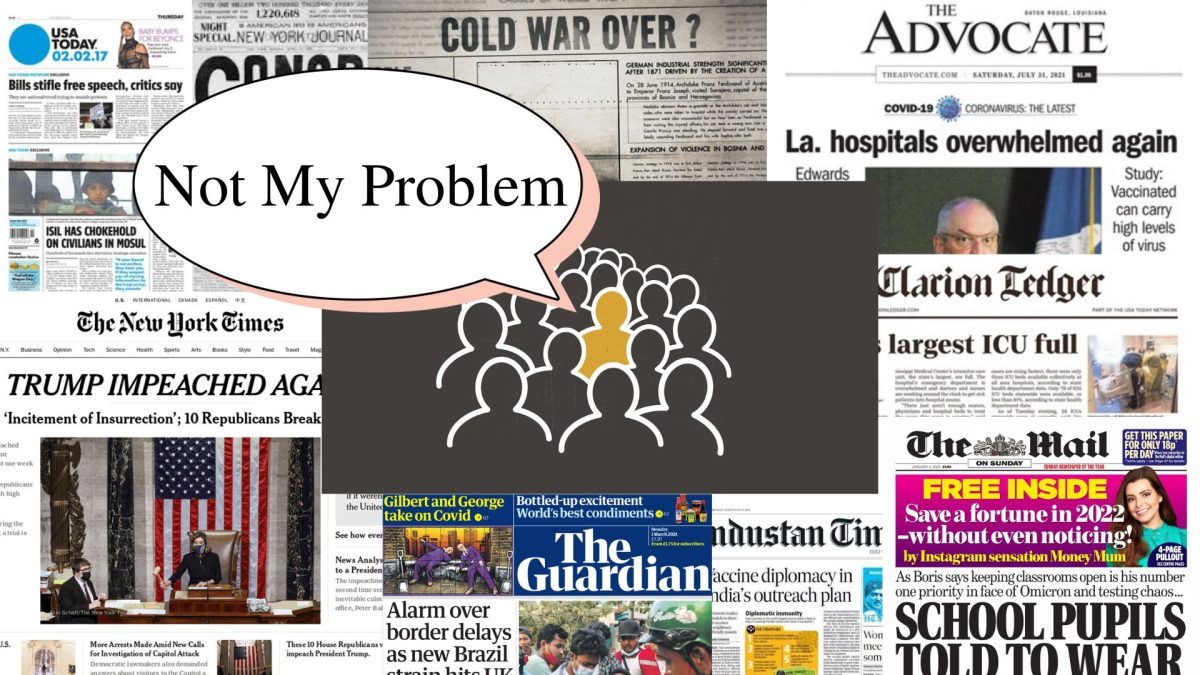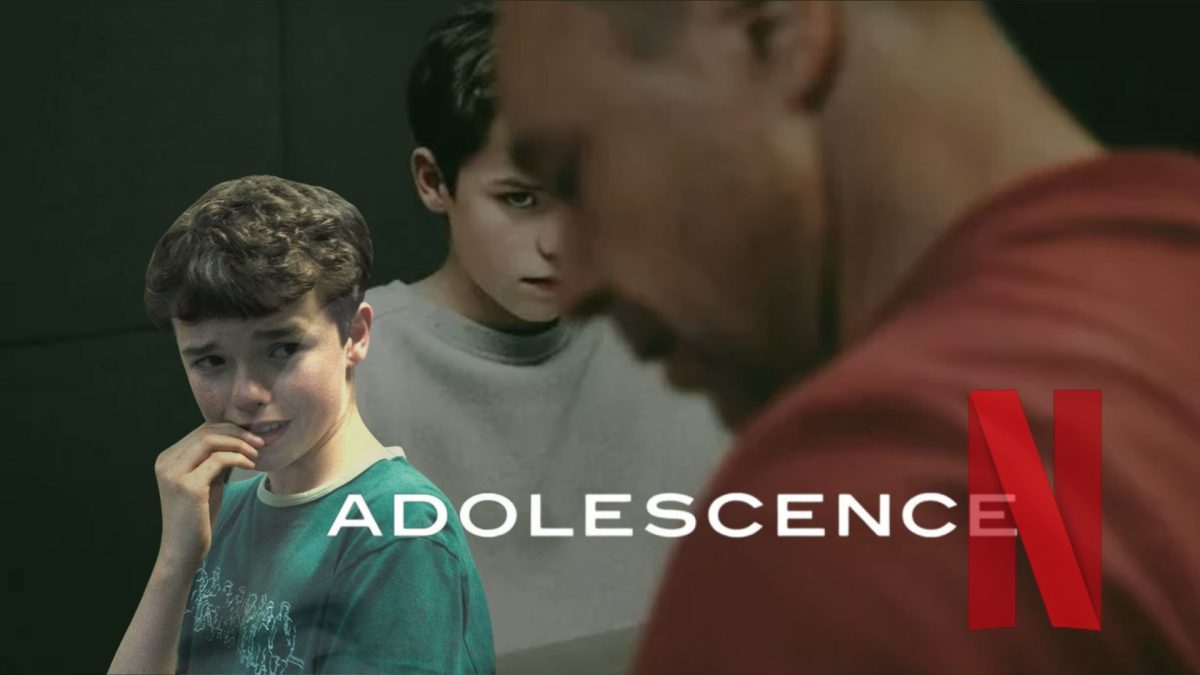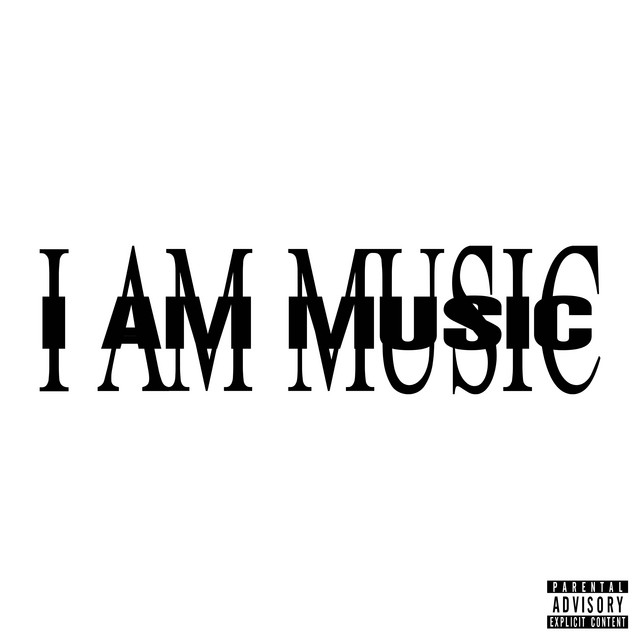After years of anticipation, leaks, and delays, Playboi Carti finally dropped his third studio album, Music, on March 14, 2025. This expansive 30-track project displays Carti’s evolution as an artist, blending his signature chaotic energy and beats with experimental sounds that push the boundaries of contemporary rap.
Music is a showcase of Carti’s diverse musical influences, featuring collaborations with heavyweight artists such as Kendrick Lamar, Future, The Weeknd, and Travis Scott. With his trademark being high-energy and distorted adlibs remaining at the forefront of Music, it also incorporates unexpected elements such as hyper-pop, industrial beats, and even hints of rock. The production, handled by a mix of longtime collaborators such as Pierre Bourne, blends raw energy with polished soundscapes.
While Music has received mixed reviews from critics, its ambition is undeniable. Some people praise Carti’s willingness to experiment with sounds and branch out from his typical genre, something most artists choose to stay away from. People compare Music to his previous album, Whole Lotta Red, which initially received a lot of hate when it first dropped, but later gained widespread praise. Others argue that Music’s lengthy tracklist leads to an awkward listening experience, with some songs feeling underdeveloped. Despite these critics, Music has made a huge commercial impact. It debuted as number one on the Billboard 200, moving up nearly 30,000 spots in the first week. All 30 tracks charted on the Billboard Hot 100 simultaneously, proving Carti’s massive influence and dedicated fan base.
Carti’s vocal approach has always been classified as unconventional, but in Music, he takes it to new extremes. The shift between the high to low-pitched raps to guttural screams, sometimes in the same song, is seen in the highly anticipated track “EVIL J0RDAN”. His voice is often layered with reverb and pitch effects, making it sound like he is constantly playing with the boundaries of what a rapper’s voice can sound like. Lyrically, the album follows Carti’s usual themes of pursuit of pleasure, rebellion, and raw energy. However, some tracks hint at a deeper meaning, touching on the struggles of fame, isolation, and his journey. While Carti has never been known for dense lyricism, the emotion in the delivery makes up for the absence of lyrical complexity. His voice acts more as an instrument than a tool for storytelling, adding another layer to the songs to the already chaotic production.
If there is one thing that Music shows is that Carti refuses to be predictable. He has built his entire career on constant reinvention, and this album is no exception. While some artists enjoy settling into a formula that guarantees mainstream success, Carti continues to challenge himself and his audience, exploring new sounds and breaking genre boundaries. It is obviously too early to predict whether Music will be classified as a classic or divisive experiment, but history shows that Carti’s work tends to do well. Regardless of how the album is ultimately received, one thing is certain: Carti remains one of the most daring, unpredictable, and influential figures in hip-hop culture. Music is not an album that plays by the rules, and that’s exactly what makes it so captivating.




































![Teacher Lore: Mr. Hillman [Podcast]](https://bsmknighterrant.org/wp-content/uploads/2025/03/teacherlorelogo-1200x685.png)




